Search Fellows
Click on a Fellow below to view more information or create your own search.
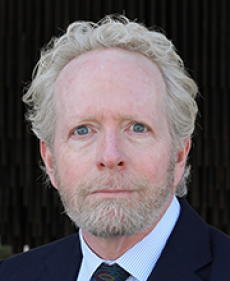
Frank Dobbin
Princeton University
Visiting Scholar
1998 to 1999
Frank Dobbin, associate professor of sociology at Princeton University, will write a history of employer anti-discrimination practices that describes how corporate managers and lawyers continually redefined discrimination in response to the changing legal climate of the past four decades. Dobbin will study how the development of special recruitment and training programs, formal evaluation and promotion systems, grievance mechanisms, "culture audits," and diversity workshops affected the representation of women and minorities in the workforce.
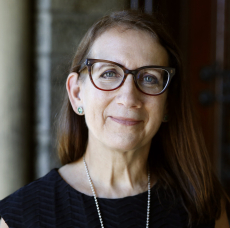
Katharine Donato
Georgetown University
Visiting Scholar
2017 to 2018
Donato will analyze how race and gender affect immigrant incorporation in the U.S. Using Census data, she will investigate immigrant women’s participation in the labor force and track how marital status and education affect economic outcomes of immigrants in comparison to the native-born. She will also draw from interviews with both immigrants and natives in Nashville, Tennessee to explore how immigrants assimilate by constructing and reconstructing their identities based on the existing racial hierarchy.
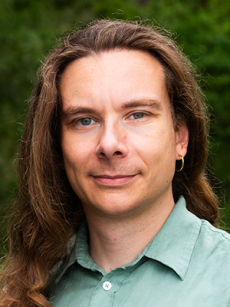
Lucas Drouhot
Utrecht University
Visiting Scholar
2024 to 2025
Drouhot will write a book (with collaborators René Flores and Edward Telles) proposing a new theoretical account of immigrant integration. Drawing on a unique national survey he fielded in 2023, Drouhot contends that the two current main theories of immigrant integration are limited by conceptual and methodological shortcomings which he will address using an inductive, data-driven approach.
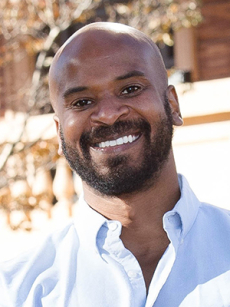
Waverly Duck
University of California, Santa Barbara
Visiting Scholar
2024 to 2025
Duck will explore the idea that exclusion and inequality hinder cooperation in society, affecting relationships, organizations, institutions, and societal structures. By examining the experiences of historically marginalized individuals, particularly racial, gender, and LGBTQ+ minorities, Duck will shed light on the hidden social order that remains unseen by those who are not marginalized.
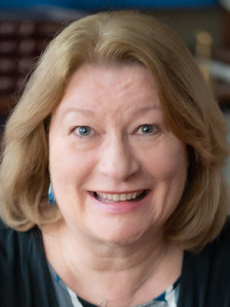
Penny Edgell
University of Minnesota
Visiting Scholar
2023 to 2024
Edgell will explore the decline of religious commitment and the increase in nonreligion and spirituality since 1990. She will analyze data from the American Mosaic Project, Beyond Christian Nationalism survey, and Nonreligious Engagement and Well-being survey along with secondary sources to develop a new framework for understanding the transformed landscape of religion in the United States.
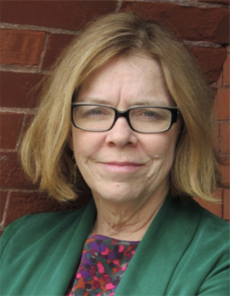
Wendy Nelson Espeland
Northwestern University
Visiting Scholar
2000 to 2001
Wendy N. Espeland, associate professor of sociology at Northwestern University, will write a book examining the social significance of commensuration -- the invention of a common system of measurement and evaluation for things that would not be directly comparable otherwise. Prices, cost-benefit ratios, and utility rankings are three familiar forms of commensuration, making it possible for heterogeneous goods to be traded off against each other.
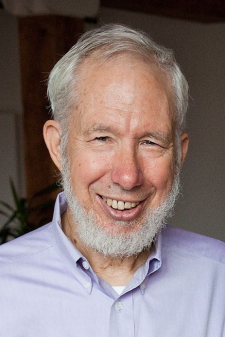
Peter Evans
University of California, Berkeley
Visiting Scholar
2001 to 2002
Peter Evans, the Chancellor's Professor of Sociology at the University of California, Berkeley, will assess the opportunities for globalizing the labor movement. Drawing on official documentation from labor unions, international confederations, global institutions, and transnational non-governmental organizations (NGOs), he will research the depth and seriousness of efforts undertaken by U.S. unions to expand globally and the varying responses to these efforts by third world labor movements. Evans will examine the potential effects of a global labor movement on U.S.
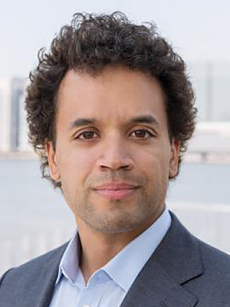
Jacob Faber
New York University
Visiting Scholar
2020 to 2021
Faber will complete several articles about the expansion of the alternative financial services (AFS) industry over the past two decades. The dramatic growth of payday lenders, check cashers, pawnshops, and other AFS is concerning since such services tend to be more expensive than traditional banking services. He will use a combination of administrative, business, sociodemographic, and survey data to examine the individual, neighborhood, and metropolitan, drivers of AFS proliferation.
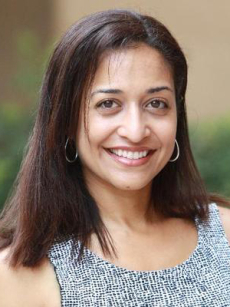
Cynthia Feliciano
University of California, Irvine
Visiting Scholar
2016 to 2017
Feliciano and Rubén Rumbaut will work on a book that explores the socioeconomic, cultural, and political incorporation of the immigrant second generation, and how they completed their adult transitions during and after the Great Recession.
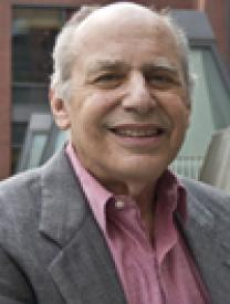
Frank F. Furstenberg
University of Pennsylvania
Visiting Scholar
2004 to 2005
Frank Furstenberg, Zellerbach Family Professor of Sociology at the University of Pennsylvania, will work on a book examining how U.S. policies relating to welfare, sex education, work, and marriage affect teenage childbearing rates, as well as what happens to teenagers who do get pregnant. He will argue in favor of adopting a public-health approach to managing teenage sexual initiation and moving away from an "abstinence only" policy.
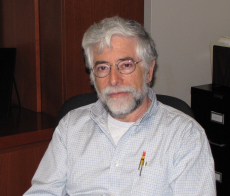
Claude S. Fischer
University of California, Berkeley
Visiting Scholar
2009 to 2010
Claude S. Fischer, professor of sociology at the University of California, Berkeley, will work on a non-technical book summarizing what is known about whether and how the personal networks of Americans changed historically, particularly in the last generation or so. Fischer plans to analyze the networks’ sizes, compositions, structures, and intensities.

Cybelle Fox
University of California, Berkeley
Visiting Scholar
2013 to 2014
Fox will write a book on the causes and consequences of the rise of restrictions on immigrants’ access to social welfare. She will compare three seminal moments of federal policymaking when the issue of non-citizens’ access to social assistance came to the fore: FDR’s New Deal, Nixon’s legal status restrictions, and Clinton’s welfare reforms.
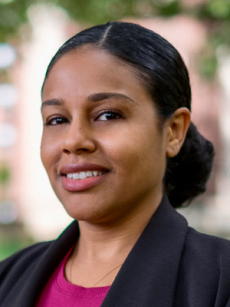
Brittany Fox-Williams
Lehman College, City University of New York
Visiting Scholar
2024 to 2025
Fox-Williams will work on a book examining trust as an overlooked dimension of racial inequality in education. Her mixed-methods study draws on longitudinal data from the New York City Department of Education and 90 interviews conducted in NYC public high schools to investigate the racial dynamics of trust in schools and to identify strategies for fostering trusting school climates for racially minoritized youth.
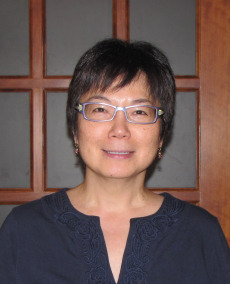
Joan H. Fujimura
University of Wisconsin-Madison
Visiting Scholar
2010 to 2011
Fujimura will write a book exploring the role of race in recent biomedical genetics studies. She will analyze laboratory and institutional data from various sites to understand how genomics researchers are struggling to develop concepts of genetic history and ancestry that define medically important population differences without becoming entangled in socially constructed racial categories.
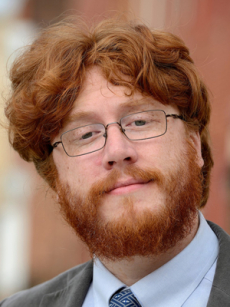
Philip ME Garboden
University of Hawai’i at Mānoa
Visiting Scholar
2022 to 2023
Garboden (together with Eva Rosen) will co-author a book examining the supply-side dynamics of low-end rental housing markets in four cities. They will use over 150 semi-structured interviews with landlords and property managers, ethnographic observations, and administrative data from the U.S. Department of Housing and Urban Development to better understand low-end rental markets.
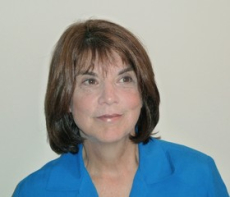
Naomi R. Gerstel
University of Massachusetts, Amherst
Visiting Scholar
2011 to 2012
Gerstel and Dan Clawson will write a book examining how workplace time—scheduled hours, flex time, overtime, and vacation—is controlled and allocated. This working group will utilize data on the hours and schedules of low-wage nursing assistants, higher-wage emergency medical technicians and nurses, and high-income doctors. They will analyze how work time is regulated from the above by the state, firms, and management; negotiated or resisted by workers; and impacted by forces outside the workplace, such as family obligations and labor markets.
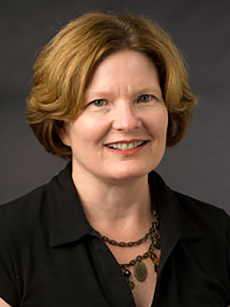
Jennifer Glass
University of Texas at Austin
Visiting Scholar
2021 to 2022
Glass will write a book about the unprecedented rise in American mothers’ labor force participation over the last 50 years, examining mothers’ increased economic responsibility for their children in a labor market that is punitive to workers with care responsibilities. Her manuscript will focus on the large proportions of children at risk of relying mostly or exclusively on their mothers' financial support. It will also explore the underlying reasons why employers and the state have decreased their support of children and their primary caregivers.
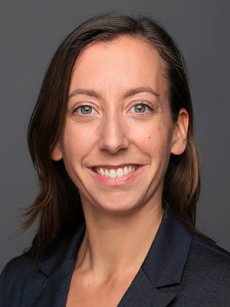
Pilar Gonalons-Pons
University of Pennsylvania
Visiting Scholar
2021 to 2022
Gonalons-Pons will conduct the first comprehensive comparative study of the feminization and devaluation of paid and unpaid childcare and eldercare. Drawing on survey data on care work that covers 30 countries and spans four decades, she will examine how women came to perform most care work, leading to severe economic penalties for those who perform such work.

Roger V. Gould
Yale University
Visiting Scholar
2001 to 2002
Roger V. Gould, professor of sociology at Yale University, will write a book on the structural origins of group violence. Gould's research suggests that violent behavior is not only an expression of deviant personality or cultural complexes but is also related to the overall structure of a relationship. Gould hypothesizes that violence is particularly likely to occur when parties have not clearly established who is dominant. While individuals assert rank by exhibiting courage or strength of character, groups claim rank through displays of cohesiveness.
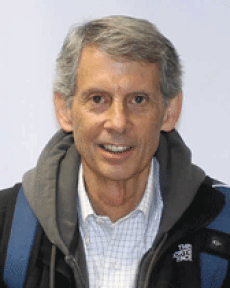
John Hagan
Northwestern University
Visiting Scholar
2001 to 2002
John Hagan, the John D. MacArthur Professor of Sociology and Law at Northwestern University, will write a book on the International Criminal Tribunal for the former Yugoslavia (ICTY). His study will include an analysis of the factors leading to the transformation of a social movement into a functioning legal institution. What effect, for example, did the political climate have on both the lag in global human rights enforcement since Nuremberg and on the new opportunities for enforcement arising at century's end?
